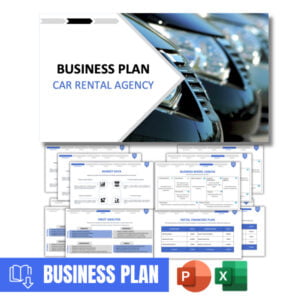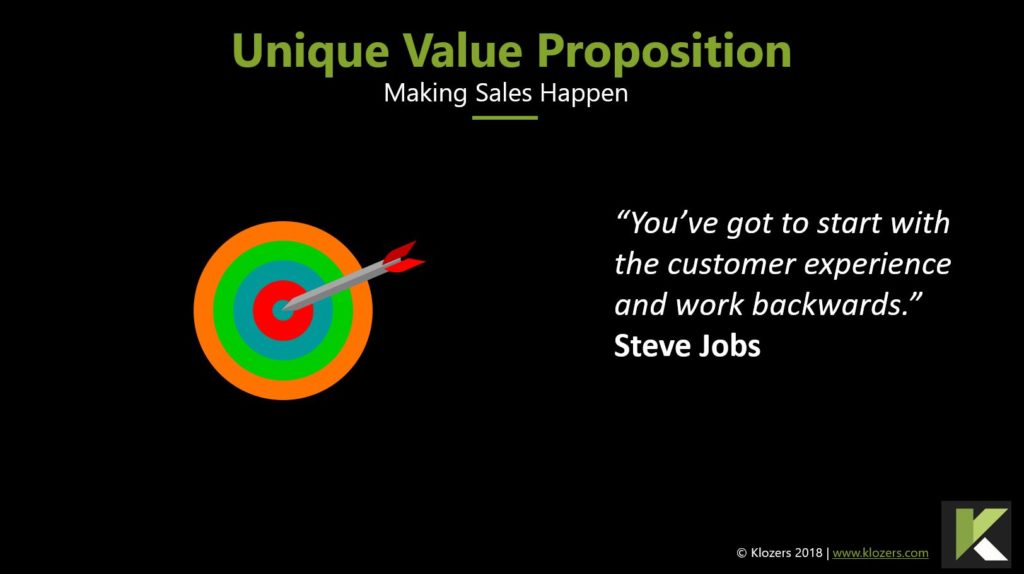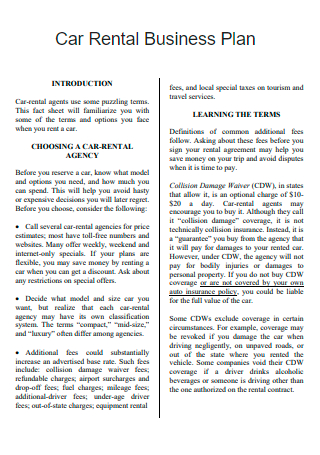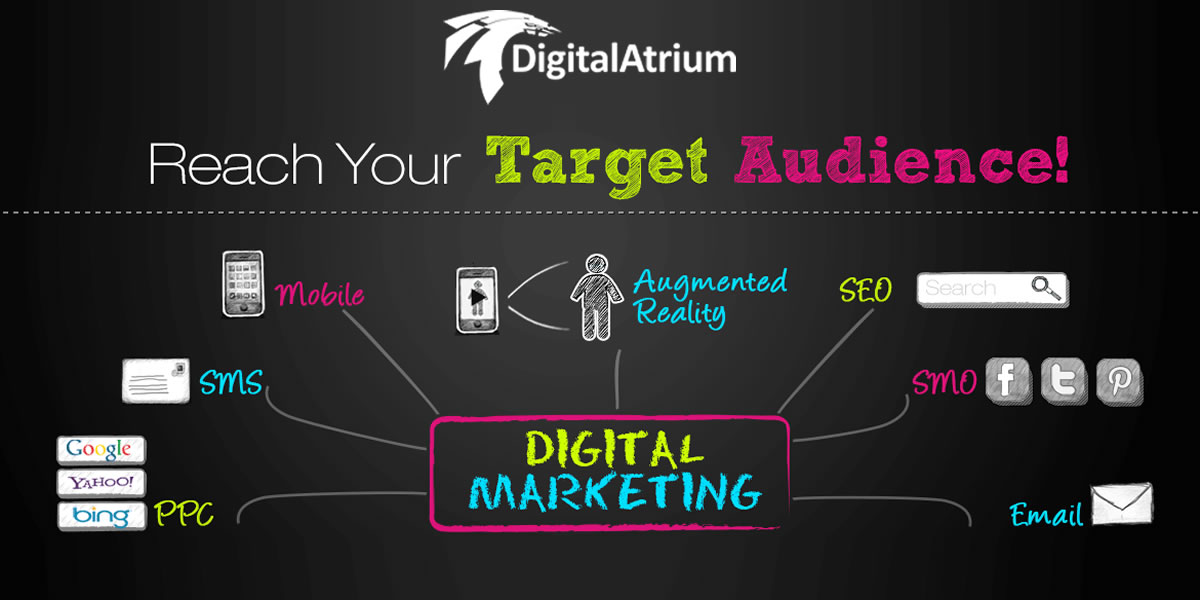Understanding the Car Rental Industry: Market Trends and Opportunities
The car rental industry is a rapidly growing market, driven by increasing demand for mobility and flexibility. According to recent statistics, the global car rental market is projected to reach $124.56 billion by 2025, growing at a compound annual growth rate (CAGR) of 10.3%. This growth is attributed to the rise of online booking platforms, increasing air travel, and a growing preference for car sharing and rental services.
Despite the growth prospects, the car rental industry faces several challenges, including intense competition, fluctuating fuel prices, and regulatory changes. To succeed in this competitive market, car rental agencies must develop a comprehensive business plan that addresses these challenges and capitalizes on emerging trends.
One of the key trends shaping the car rental industry is the shift towards digitalization. Online booking platforms and mobile apps have transformed the way customers interact with car rental agencies, making it easier to book and manage rentals. Additionally, the rise of electric and hybrid vehicles is driving demand for sustainable and eco-friendly transportation options.
Car rental agencies must also navigate changing consumer behaviors and preferences. For instance, the growing demand for car sharing and peer-to-peer rental services is forcing traditional car rental agencies to adapt and innovate. Furthermore, the increasing importance of customer experience and satisfaction is driving the need for personalized and seamless rental experiences.
By understanding these market trends and opportunities, car rental agencies can develop a business plan that positions them for success in this rapidly evolving industry. A well-crafted business plan will enable agencies to capitalize on emerging trends, address challenges, and deliver exceptional customer experiences.
Conducting Market Research: Identifying Your Target Audience
Conducting market research is a crucial step in developing a successful car rental agency business plan. By understanding your target audience, you can tailor your services to meet their needs, preferences, and behaviors. Market research helps you identify your ideal customer, including demographics, travel habits, and rental preferences.
To gather data, you can use a combination of primary and secondary research methods. Primary research involves collecting original data through surveys, focus groups, and customer interviews. Secondary research involves analyzing existing data from industry reports, academic studies, and online reviews.
When analyzing market trends, consider the following factors:
- Demographics: Age, income, occupation, and education level of your target audience.
- Travel habits: Frequency of travel, destinations, and modes of transportation.
- Rental preferences: Type of vehicle, rental duration, and additional services required.
- Competitor analysis: Identify your competitors, their strengths, and weaknesses.
By analyzing these factors, you can develop a comprehensive understanding of your target audience and create a car rental agency business plan that meets their needs. For example, if your target audience is frequent business travelers, you may want to offer luxury vehicles, airport pickups, and streamlined rental processes.
Additionally, market research can help you identify emerging trends and opportunities in the car rental industry. For instance, the growing demand for electric and hybrid vehicles may indicate a need to expand your fleet to include more sustainable options.
By incorporating market research into your car rental agency business plan, you can create a tailored strategy that drives growth, revenue, and customer satisfaction.
https://www.youtube.com/watch?v=mUlYuYooV5Y
Creating a Unique Value Proposition: Differentiating Your Car Rental Agency
A unique value proposition (UVP) is a statement that defines the unique benefits and value that your car rental agency offers to customers. Developing a strong UVP is crucial to differentiating your agency from competitors and attracting customers. A well-crafted UVP should be concise, clear, and compelling, and should communicate the unique value that your agency provides.
Examples of successful UVPs in the car rental industry include:
- “Experience the ultimate in luxury and convenience with our premium car rental services, featuring high-end vehicles and personalized customer support.”
- “Get the best value for your money with our affordable car rental rates, combined with a wide range of vehicles and flexible rental options.”
- “Enjoy a hassle-free car rental experience with our streamlined booking process, convenient airport locations, and 24/7 customer support.”
When developing your UVP, consider the following factors:
- Target audience: What are the needs, preferences, and pain points of your target audience?
- Competitor analysis: What sets your agency apart from competitors?
- Unique benefits: What unique benefits does your agency offer to customers?
- Value proposition: How do your unique benefits translate into value for customers?
A strong UVP should be integrated into your car rental agency business plan and communicated consistently across all marketing channels, including your website, social media, and advertising campaigns. By differentiating your agency and communicating your unique value, you can attract and retain customers, drive revenue growth, and establish a competitive advantage in the market.
Remember, your UVP is not a static statement, but rather a dynamic and evolving concept that should be regularly reviewed and updated to reflect changes in the market, customer needs, and your agency’s unique value proposition.
Developing a Business Plan: Setting Goals and Objectives
A well-crafted business plan is essential for the success of a car rental agency. A comprehensive business plan outlines the agency’s goals, objectives, and strategies for achieving success. When developing a car rental agency business plan, consider the following key components:
- Executive summary: A brief overview of the agency’s mission, goals, and objectives.
- Market analysis: An analysis of the target market, including demographics, needs, and trends.
- Marketing and sales strategy: A description of the agency’s marketing and sales tactics, including pricing, promotions, and advertising.
- Operations plan: A detailed description of the agency’s operations, including fleet management, maintenance, and customer service.
- Financial projections: A comprehensive financial plan, including revenue projections, expense estimates, and cash flow analysis.
When setting goals and objectives, consider the following:
- Specificity: Goals should be specific, measurable, achievable, relevant, and time-bound (SMART).
- Alignment: Goals should align with the agency’s mission and vision.
- Prioritization: Goals should be prioritized based on importance and urgency.
For example, a car rental agency business plan might include the following goals and objectives:
- Increase revenue by 10% within the next 12 months.
- Improve customer satisfaction ratings by 15% within the next 6 months.
- Expand the fleet by 20% within the next 18 months.
By developing a comprehensive business plan and setting clear goals and objectives, a car rental agency can establish a roadmap for success and achieve its vision.
Remember, a business plan is a living document that should be regularly reviewed and updated to reflect changes in the market, customer needs, and the agency’s goals and objectives.
Building a Strong Fleet: Vehicle Selection and Management
A well-maintained and diverse fleet is essential for a successful car rental agency. The fleet is the backbone of the business, and its quality and availability can make or break the customer experience. When building a strong fleet, consider the following factors:
- Vehicle selection: Choose a mix of vehicles that cater to different customer needs, including economy, compact, intermediate, standard, and luxury vehicles.
- Vehicle maintenance: Regularly maintain and inspect vehicles to ensure they are in good condition and meet safety standards.
- Fleet management: Implement a fleet management system to track vehicle usage, maintenance, and availability.
- Vehicle replacement: Regularly replace vehicles to ensure the fleet remains modern and efficient.
When selecting vehicles, consider the following:
- Fuel efficiency: Choose vehicles with good fuel economy to reduce operating costs.
- Reliability: Select vehicles with a good reliability record to minimize downtime and maintenance costs.
- Comfort and features: Choose vehicles with comfortable seating, ample legroom, and modern features such as air conditioning, GPS, and infotainment systems.
Effective fleet management is critical to ensuring the fleet is always available and in good condition. Consider implementing a fleet management system that includes:
- Vehicle tracking: Track vehicle location, usage, and maintenance to optimize fleet utilization.
- Vehicle inspection: Regularly inspect vehicles to identify maintenance needs and prevent breakdowns.
- Vehicle maintenance scheduling: Schedule maintenance and repairs to minimize downtime and ensure vehicles are always available.
By building a strong fleet and implementing effective fleet management practices, a car rental agency can ensure a positive customer experience, reduce operating costs, and increase revenue.
Remember, a well-maintained fleet is essential to the success of a car rental agency business plan. By prioritizing fleet management, agencies can ensure a competitive edge in the market and achieve long-term success.
Establishing Partnerships: Building Relationships with Suppliers and Partners
Establishing partnerships with suppliers and partners is crucial for a car rental agency business plan. Strategic partnerships can help agencies reduce costs, increase revenue, and improve customer satisfaction. When building partnerships, consider the following:
- Airports: Partner with airports to offer convenient car rental services to travelers.
- Hotels: Partner with hotels to offer bundled car rental and accommodation packages.
- Travel agencies: Partner with travel agencies to offer car rental services to their customers.
- Suppliers: Partner with suppliers to negotiate better rates and improve fleet quality.
The benefits of strategic partnerships include:
- Increased revenue: Partnerships can help agencies increase revenue through bundled packages and joint marketing efforts.
- Improved customer satisfaction: Partnerships can help agencies improve customer satisfaction by offering convenient and bundled services.
- Reduced costs: Partnerships can help agencies reduce costs by negotiating better rates with suppliers and sharing resources.
When establishing partnerships, consider the following best practices:
- Clearly define the terms and conditions of the partnership.
- Establish open and transparent communication channels.
- Set clear goals and objectives for the partnership.
- Regularly review and evaluate the partnership’s performance.
By establishing strategic partnerships, a car rental agency can improve its competitiveness, increase revenue, and enhance customer satisfaction. Remember to carefully evaluate potential partners and establish clear goals and objectives for the partnership.
Strategic partnerships are an essential component of a car rental agency business plan. By building strong relationships with suppliers and partners, agencies can drive growth, revenue, and customer satisfaction.
Marketing and Advertising Strategies: Reaching Your Target Audience
A well-planned marketing and advertising strategy is crucial for a car rental agency business plan. The goal is to reach the target audience and persuade them to choose your agency over competitors. Here are some effective marketing and advertising strategies to consider:
- Social media marketing: Use social media platforms to reach a wider audience, engage with customers, and promote your agency.
- Online advertising: Use targeted online advertising to reach potential customers who are searching for car rental services.
- Promotional offers: Offer discounts, promotions, and loyalty programs to attract and retain customers.
- Content marketing: Create valuable and informative content to educate customers about your agency and services.
- Email marketing: Use email marketing to stay in touch with customers, promote your agency, and offer special deals.
When creating a marketing and advertising strategy, consider the following:
- Target audience: Identify your target audience and tailor your marketing efforts to their needs and preferences.
- Unique value proposition: Communicate your unique value proposition (UVP) to differentiate your agency from competitors.
- Brand identity: Establish a strong brand identity to build recognition and trust with customers.
- Budget allocation: Allocate a budget for marketing and advertising efforts and track the return on investment (ROI).
By implementing a well-planned marketing and advertising strategy, a car rental agency can increase brand awareness, attract new customers, and drive revenue growth.
Remember, a successful marketing and advertising strategy is an ongoing process that requires continuous monitoring, evaluation, and improvement.
Measuring Success: Key Performance Indicators (KPIs) for Car Rental Agencies
Measuring success is crucial for a car rental agency business plan. Key performance indicators (KPIs) help agencies track progress, identify areas for improvement, and make data-driven decisions. Here are some common KPIs used in the car rental industry:
- Revenue growth: Track revenue growth over time to measure the success of marketing and sales efforts.
- Customer satisfaction: Measure customer satisfaction through surveys, reviews, and feedback to identify areas for improvement.
- Fleet utilization: Track fleet utilization rates to optimize fleet operations and reduce costs.
- Vehicle availability: Measure vehicle availability to ensure that the right vehicles are available at the right time.
- Return on investment (ROI): Track ROI to measure the success of marketing and advertising efforts.
When selecting KPIs, consider the following:
- Relevance: Choose KPIs that are relevant to your agency’s goals and objectives.
- Measurability: Select KPIs that can be easily measured and tracked.
- Actionability: Choose KPIs that provide actionable insights for improvement.
By tracking KPIs, a car rental agency can:
- Identify areas for improvement and optimize operations.
- Measure the success of marketing and sales efforts.
- Make data-driven decisions to drive growth and revenue.
Remember, KPIs should be regularly reviewed and updated to ensure they remain relevant and effective.
By incorporating KPIs into a car rental agency business plan, agencies can drive growth, revenue, and customer satisfaction.







